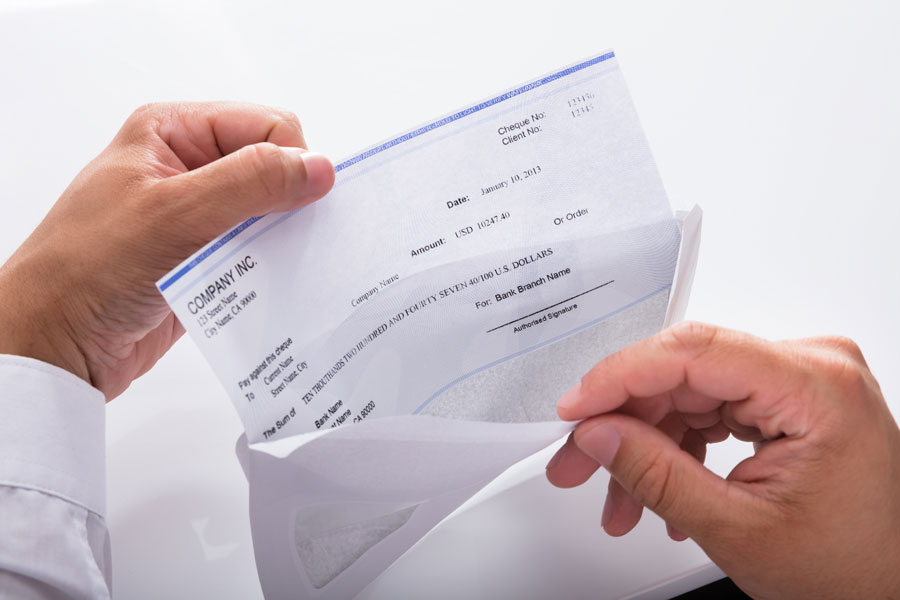What is California’s Wait Time Penalty?
California’s wait time penalty is a crucial aspect of employment law. It ensures employees receive their final paycheck promptly. This penalty applies when employers delay payment beyond the legal timeframe.
Understanding this penalty is vital for both employers and employees. It helps prevent disputes and ensures compliance with California labor laws. Employers must be aware of their obligations to avoid financial penalties.
Employees should know their rights to timely payment. This knowledge can prevent financial hardship and ensure fair treatment. The wait time penalty reflects
California’s commitment to protecting workers’ rights.
In this guide, we will explore the details of the California wait time penalty. We’ll cover its calculation, implications, and how to file a claim.
Understanding the California Wait Time Penalty
The wait time penalty in California is a consequence for late payment of final wages. It safeguards employees by enforcing timely final payments upon termination. This penalty adds financial pressure on employers to comply with payment regulations.
The California Labor Code Section 203 outlines this penalty. If an employer does not provide a final paycheck on time, they risk incurring penalties. This provision motivates employers to adhere to labor laws diligently.

Let’s break down key aspects of the penalty:
- Employers must pay promptly to avoid the penalty.
- The penalty is calculated daily based on the employee’s wage.
- It applies until the full wages are paid or up to 30 days.
The penalty underscores the importance of timely wage distribution. It acts as a deterrent against negligent employer practices.
When Is the Final Paycheck Due in California?
The timing of a final paycheck depends on how an employee leaves their job. If terminated or laid off, an employee must receive their paycheck immediately. Any delay could lead to penalties for the employer.
In cases where an employee resigns, the timeline for final payment varies. If the employee gives at least 72 hours’ notice, they should receive their paycheck on their last day. However, if notice is not given, the employer has 72 hours to deliver the final paycheck.
Here are the key timelines for paycheck distribution:
- Immediate: Upon termination or layoff.
- Last Day: If resigning with notice.
- 72 Hours: If resigning without notice.
Adhering to these timelines is essential for employers to avoid penalties. These rules ensure fair treatment and financial security for employees.
Who Is Covered by the Wait Time Penalty?
The wait time penalty in California applies broadly. It covers a wide range of employees working under different employment conditions. From full-time to part-time and even temporary workers, most employees are protected.
However, there are some exceptions. Certain government employees and contract workers may not be covered. Employers must identify these differences to ensure compliance.
Here are those generally covered:
- Full-time employees
- Part-time employees
- Temporary workers
Understanding who is covered helps both employees and employers navigate their rights and obligations. This knowledge reduces disputes and ensures that all parties understand the law’s scope.

How Is the California Wait Time Penalty Calculated?
Looking for an easy way to calculate waiting time penalties? Check out our California Waiting Time Calculator.
Calculating the California wait time penalty is straightforward. The penalty is based on the employee’s daily wage. Employers must pay the daily rate for every day the final paycheck is late. This continues for up to 30 days.
First, determine the daily wage. This is typically the employee’s regular wage divided by workdays. For salaried employees, this involves dividing the annual salary by the number of workdays in a year.
Next, multiply the daily wage by the number of days the payment is delayed. Ensure calculations do not exceed the 30-day maximum penalty.
Here’s a simplified calculation process:
- Identify the employee’s daily wage
- Count the days the payment is late
- Multiply daily wage by days late (up to 30)
By understanding the calculation process, employers can accurately address penalties. This avoids further legal disputes and financial burdens.
What Must Be Included in the Final Paycheck?
The final paycheck must cover all outstanding wages. This includes any earned and unpaid regular hours and overtime. Employers must also include any accrued vacation time.
Failure to include any of these components can lead to additional penalties. Employees should check their final paychecks for completeness.
Here’s what the final paycheck should include:
- Unpaid wages for all hours worked
- Overtime pay for any overtime hours
- Accrued vacation pay not yet used
Providing a complete final paycheck ensures compliance with California labor laws. This prevents unnecessary penalties and disputes.
Common Scenarios That Trigger the Penalty
Late or incomplete final paychecks are the most common triggers for the wait time penalty. Employers must be prompt and thorough to avoid issues.
Certain scenarios increase the risk of penalties significantly. These include miscommunication about termination dates or disputes over owed amounts.
Some common scenarios include:
- Layoffs without immediate payment
- Resignations where the paycheck isn’t prepared in time
- Terminations with incomplete wage calculations
Each situation requires careful handling by the employer. By understanding these triggers, employers can prevent costly penalties. Employees should also know their rights in these situations to seek timely resolutions.
Exceptions and Defenses for Employers
Although strict, the wait time penalty law has exceptions. Employers can defend against penalties if they meet specific conditions. It’s vital for employers to know these defenses to mitigate risks.
Situations where the penalty may not apply include genuine disputes over the amount owed. This includes cases where employees refuse the paycheck or if there’s an error due to unforeseen circumstances.
Other valid defenses involve clerical errors discovered promptly and corrected swiftly. Understanding these exceptions helps employers manage potential liabilities. Staying informed about labor laws can prevent misunderstandings and unnecessary financial burdens for both parties.
How to File a Claim for the Wait Time Penalty
If you haven’t received your final paycheck on time, consider filing a claim. The California Labor Commissioner handles these claims. It’s a straightforward process to ensure you receive owed wages.
Here’s how you can file a claim:
- Gather evidence of late payment, such as pay stubs and termination dates.
- Complete the wage claim form available on the California Labor Commissioner’s website.
- Submit the claim either online or via mail.
The commissioner’s office reviews your claim and proceeds with the necessary steps. Stay informed throughout this process to ensure a timely resolution.
Best Practices for Employers to Avoid Penalties
Employers can take steps to prevent incurring wait time penalties in California. Being proactive and organized is crucial in ensuring compliance with final paycheck laws.
Consider the following practices:
- Develop a checklist for final pay procedures.
- Train HR staff about timely payment requirements.
- Use payroll software to track payment schedules.
By implementing these practices, employers can foster a fair workplace. A clear strategy helps avoid misunderstandings and financial penalties.
Key Takeaways for Employees and Employers
Understanding the wait time penalty is essential for both employers and employees in California. Knowing your rights and obligations ensures a smoother employment ending process.
Key points to remember:
- Timely final paycheck is a right.
- Penalties apply for late payments.
- Recordkeeping prevents disputes.
These takeaways highlight the importance of adhering to California’s labor laws, providing fair treatment for everyone involved.
If you have been denied your final paycheck and would like to file a complaint, contact California Labor Law for a free consultation by calling us at 1-888-924-3435.

